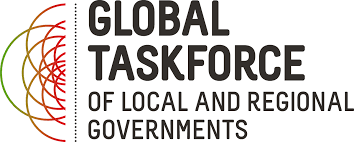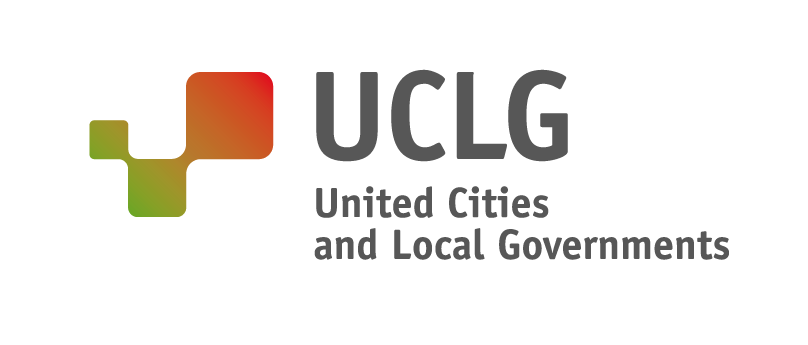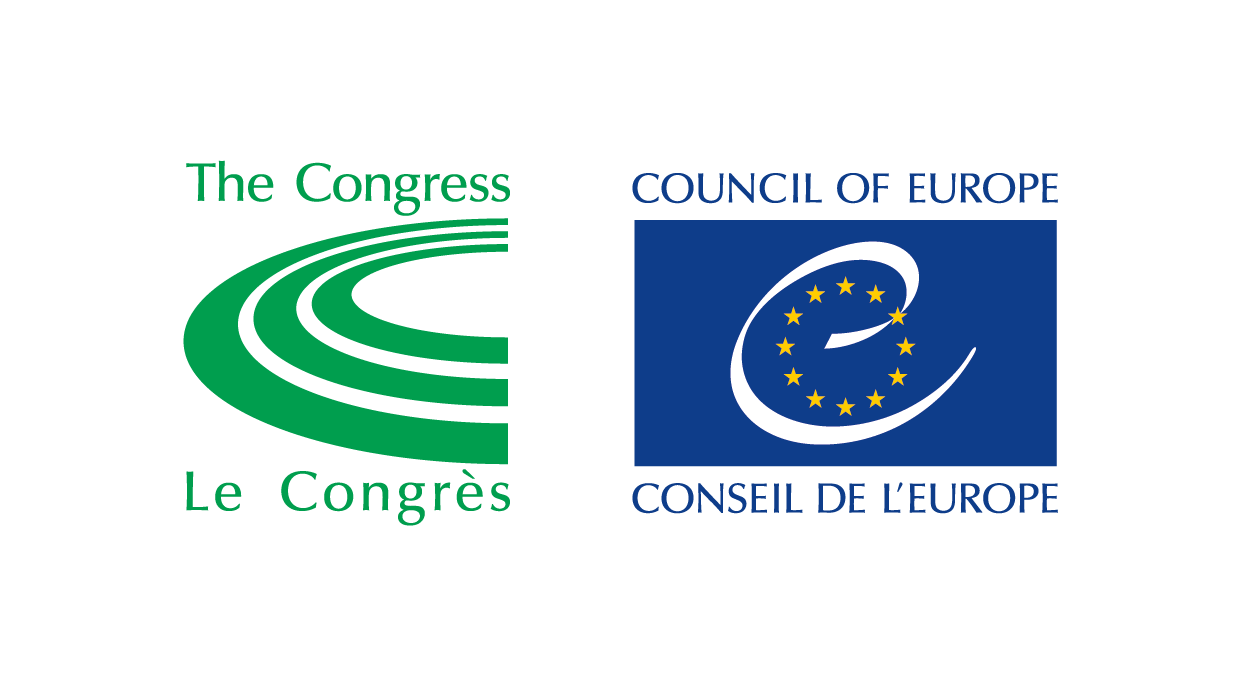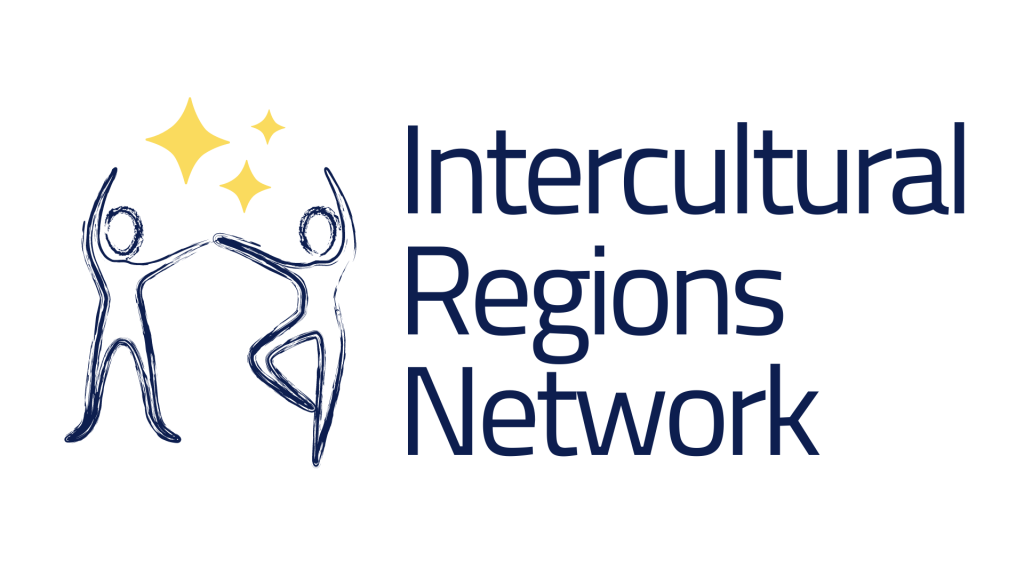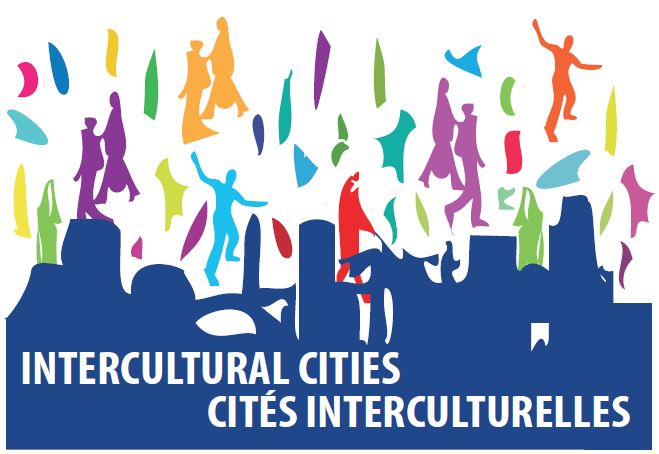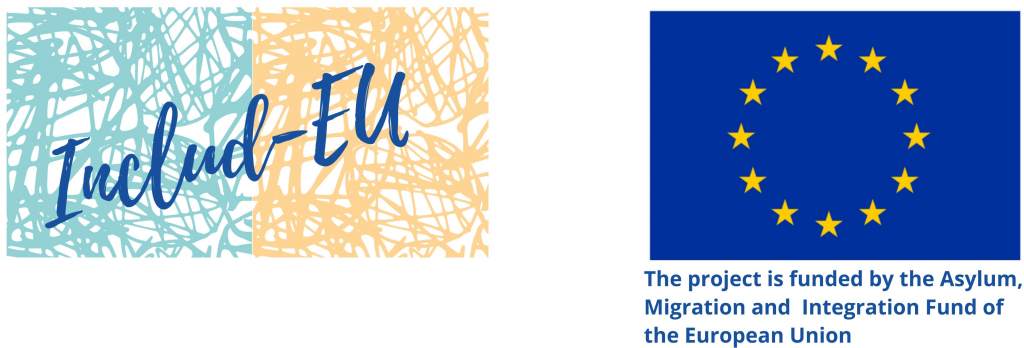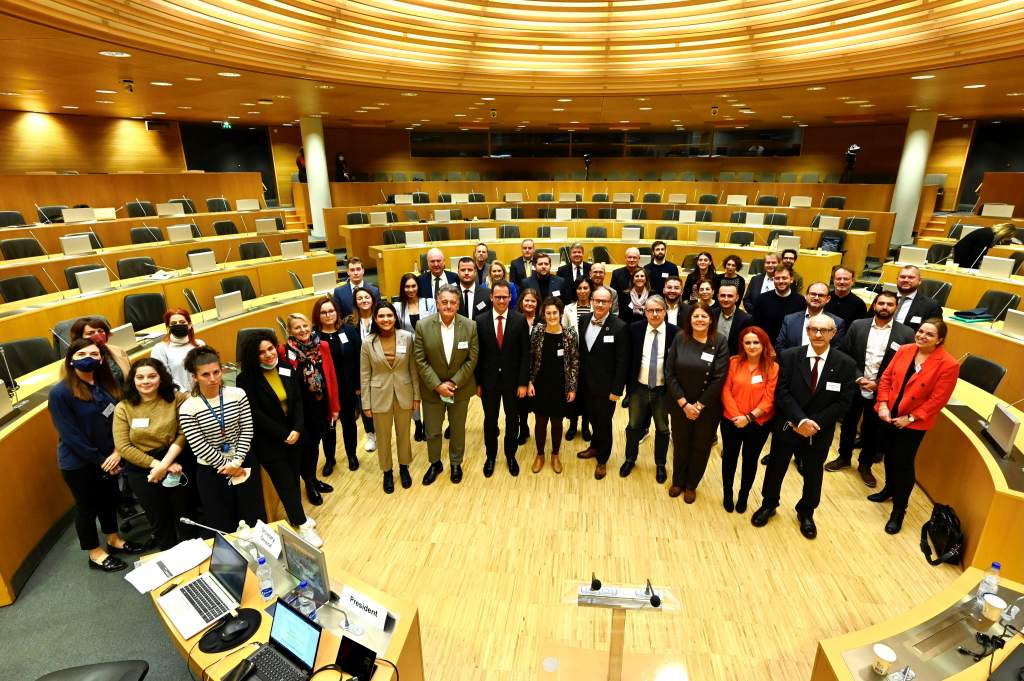 Share this!
Share this!On 28-29 October, the Assembly of European Regions held our long-awaited Agenda 2030 Conference in Strasbourg, in partnership with Region Grand Est and the City of Strasbourg.
Against the backdrop of the hugely consequential COP26 Conference in Glasgow and the IPCC’s recent “Code red” report on global emissions, ‘Transforming Regions, Changing the World’ came at a crucial time where difficult decisions need to be made to save our planet for future generations. Now more than ever, regions, alongside cities, must have a key role in implementing and achieving the 17 Sustainable Development Goals set out in the 2030 Agenda.
Having entered the decade of action, this conference represented an opportunity to set out how regions can deliver on the commitments that were made six years ago. Over two days at the Regional Council of Grand Est, policymakers, civil society and AER members gathered in person and tuned-in online to discuss how to achieve the 2030 Agenda, and guarantee a sustainable and inclusive recovery from the COVID-19 pandemic.
2030 Agenda: Europe’s ambitious goals for the next decade
“I think Archimedes once said ‘Give me a lever long enough and a fulcrum on which to place it, and I shall move the world’. Well, I think that the Sustainable Development Goals are the lever and the regions of Europe are the fulcrum which the lever must be applied to, and we will go a long way towards changing our reality for the better.”
With these words European Commissioner for Cohesion and Reforms, Elisa Ferreira, opened the first session of the conference, “Sustainable Development,” Commissioner Ferreira continued, “must be put in practice on a local and regional level, it can not remain on a theoretical level.”
The same principles were embraced by AER President, Magnus Berntsson, who addressed the key role of local authorities and the business community in fighting against social and economical inequalities, and accelerating the transition process towards an inclusive economy.
In her keynote address, Member of European Parliament, Anne Sander, pointed to the host city of Strasbourg as a proof of the effectiveness of a local, regional, and and multi-stakeholders approach in the policy-making process, as ‘a city where the voices of citizens are heard.’
Localisation and strong engagement of regions and cities were also the main topics addressed by Executive Secretary of UNECE, Olga Algayerova; who reminded participants that time is running short, and we must facilitate the creation of a circular economy through cohesion policy, digitalisation, community investments and the transition to a green economy.
To achieve the SDGs, it is essential to promote partnership among national, regional and local governments, as the most proximate representatives of citizens’ needs. In this regard, European Commission Vice-President Dubravka Šuica, had an encouraging message, affirming that “regions and cities are the places where the inter-linkages among SDGs are boosted and where innovative green solutions can genuinely be implemented.”
Indeed, getting buy-in from citizens in their own communities is a core building block of a more sustainable Europe. Sharing the results of a recent AER Survey of more than 6,000 Europeans in six countries, AER Secretary General, Christian Spahr explained that among the different levels of government, regional and local authorities enjoy the highest level of public trust; giving them credibility to implement the SDGs in a way that meets the needs of citizens. Regional and local government were trusted by 52% of respondents, compared with 49% for European institutions and 41% for national governments.
Cohesion & Cooperation: sharing expertise on a regional level
How can we actually put SDG policies into practice on a regional and local level? Some noteworthy examples were shared by our guest-speakers during the high-level panel debate ‘Agenda 2030: Transforming Regions, Changing the World’ . Mohamed Boudra, President of United Cities and Local Governments (UCLG), stressed the importance of localisation and building permanent and constructive cooperation among different levels of government. The existence of UCLG’s ‘Global Taskforce‘, whose goal is the coordination of local governments internationally, is a model of how this can be done.
Indeed, when it comes to the SDGs, it is crucial to prevent siloed implementation. Multi-level governance must avoid a “strictly sectoral approach”, said Regions4‘s representative, Iker Atxa Zaitegi, stressed the need to boost cooperation within regions by taking advantage of the interlinkages among the Sustainable Developments Goals.
In his contribution, AER Vice President for Sustainability, Albert Castellanos, emphasised the importance of building towards a “fair, balanced and equal labour market” which will reduce social inequalities and improve economic stability in regions and cities, in line with Goal 8, “Decent Work and Economic Growth”. The idea of equality must be also applied to safeguarding our environment. In her speech, Prof. Dr. Daniela Kleinschmit shed light on the urgency of bridging the gap between rural and urban areas and ensuring real opportunities for the generations to come.
In this regard, Deputy Mayor of Strasbourg, Julia Dumay, explained how promoting a “culture of equality” throughout the city made possible to put human rights, citizens’ participation and the fight against discrimination on top of the local government’s priorities. This sense of community cooperation clearly came to light when, thanks to the help of City and Eurometropolis of Strasbourg, conference participants were able to visit the city “Eco-Quartier Danube“, where the local authorities promote living together within the neighbourhood and where sustainable innovative buildings meet the traditional port identity of the site.
From theory to action: how to put SDGs principles into practice
The second day of the conference started with a series of workshops focused on five main topics: peace, planet, partnership, people and prosperity. The aim of each session was to share knowledge on how to concretely implement the SDGs policies involving regions and cities.
In our workshop on Planet: ‘Biodiversity for Sustainable Development’, in partnership with Regions4, speakers discussed the key role of regions in protecting biodiversity by ensuring a green and resilient recovery from the pandemic; Renata Gómez, Biodiversity Programme Manager at Regions4, remarked on the need to ‘mainstream biodiversity’ by communicating it and creating public awareness. Citizens’ participation and engagement were also a central focus of the workshop on Peace: ‘The Future is Yours–Inclusive & Participatory Institutions for All‘. Lia Montaldi, Councillor of EmiliaRomagna Region, highlighted the essential features of good governance: an open and transparent government, where citizens’ participation and accountability are paramount to policymakers.
Participation and cooperation also requires encouraging regions to develop strategies and plans for the implementation of the SDGs on a local level; our workshop on Partnership: ‘How can regions deliver on voluntary reviews?’, organised with the Congress of Local and Regional Authorities (CoE), showcased how through regionalisation and the use of regional reviews this objective can be successfully accomplished.
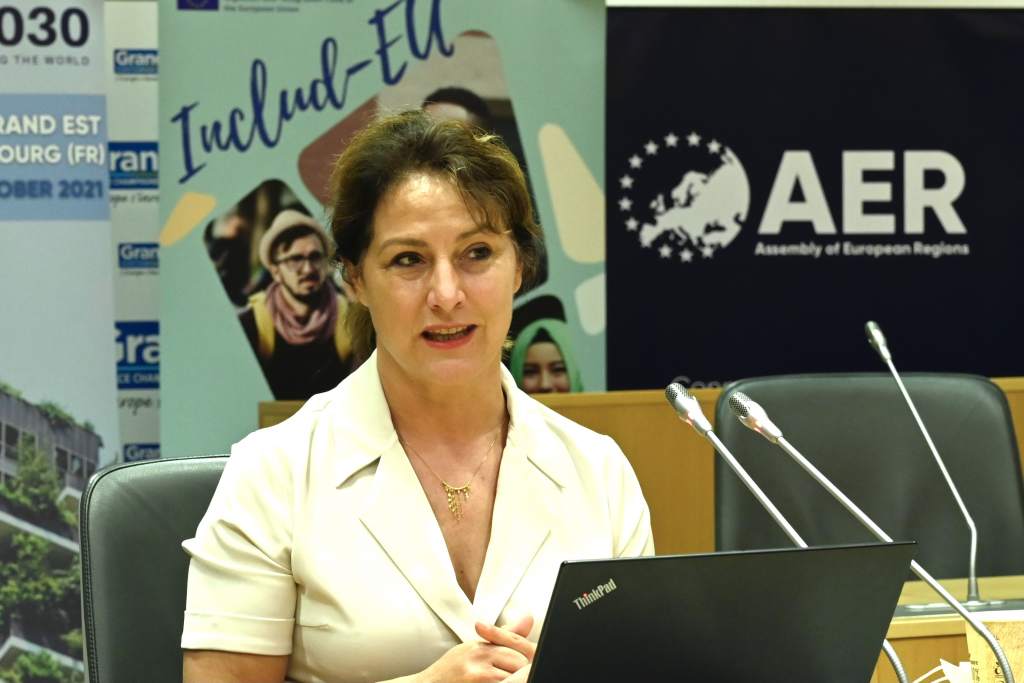
In the second part of the day, the discussion moved to the topics of people and prosperity. During the workshop on People: ‘Hate Speech: Towards a Comprehensive Approach’ (co-organised by Intercultural Cities Programme, CoE, and our Includ-EU Project), participants discussed effective management of diversity as an integral part of good and inclusive governance. Our moderator, Irena Guidikova, Head of Inclusion and Anti-discrimination at the Council of Europe, stressed that “when Hateful expressions jeopardise other rights such as the right to life or privacy, then those rights take precedence over freedom of expression”. One way to combat hate speech is through the WE CAN tools “to identify hate speech, monitor it, launch responses and evaluate their impact”.
Finally, our workshop on Prosperity: ‘Leaving No Youth Behind: Building resilient, sustainable, and prosperous cities and regions’ shed light on the great input that young people can have to help achieve the Sustainable Development Goals — if they are given the right tools to do so. One of our guest speakers, Stefanie De Bock, co-spokesperson for Federation of Young European Greens (FYEG), noted the impact of climate change on young people and the need for greater involvement for them in decision-making, “young people suffer disproportionally from climate change”, yet the political system at present “does not create enough spaces for young people to be policymakers”.
The way forward – Achieving sustainable and resilient regions in a post-pandemic world
A huge challenge going forward will be aligning our recovery from the COVID-19 pandemic with the Sustainable Development Goals. The daunting question of “How?” was put to the speakers in our conference’s closing panel.
“There are no universal solutions. The reality of each region should design the changes that need to happen” said Gonzalo Pizarro, Regional Policy Adviser on SDG Integration for UNDP. Policymakers must consider local and regional specificities to guarantee a green and inclusive recovery from the pandemic, starting with ensuring equal access to vaccinations and new social protection measures.
Leen Verbeek, President of the Congress of Local and Regional Authorities, shared Pizarro’s view, and underlined the critical importance of supporting regions — especially the poorest ones — in creating plans of action. He further underlined the need to mainstream and increase the visibility of the SDGs in policy development, “we need to integrate the SDGs in every proposal and every paper to increase awareness and motivation” around their implementation.
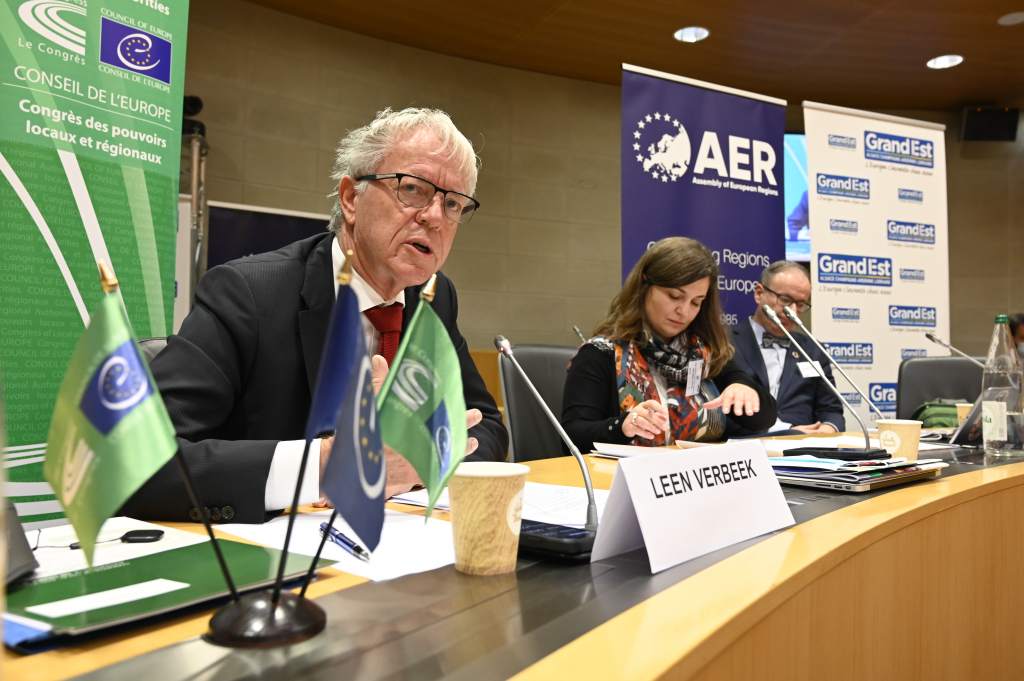
Ricardo Rio, Mayor of Braga, Portugal and Member of the European Committee of the Regions, reminded participants of the necessity of adopting a holistic and subsidiary approach to meet the global goals, by “strengthening the capacity of regions”.
Closing the debate, AER President, Magnus Berntsson, reaffirmed the hope that the recovery from the pandemic could give us the opportunity to empower partnership and knowledge sharing on a local and regional level, especially regarding the connection between rural and urban areas: “We have this connection between rural and urban areas and if we do not want to leave anyone behind, we need to make this connection work”, concluding that “to not leave anyone behind, we also need to make sure that we do not hold anyone back.”
Agenda 2030 Conference Manifesto: a shared commitment to action
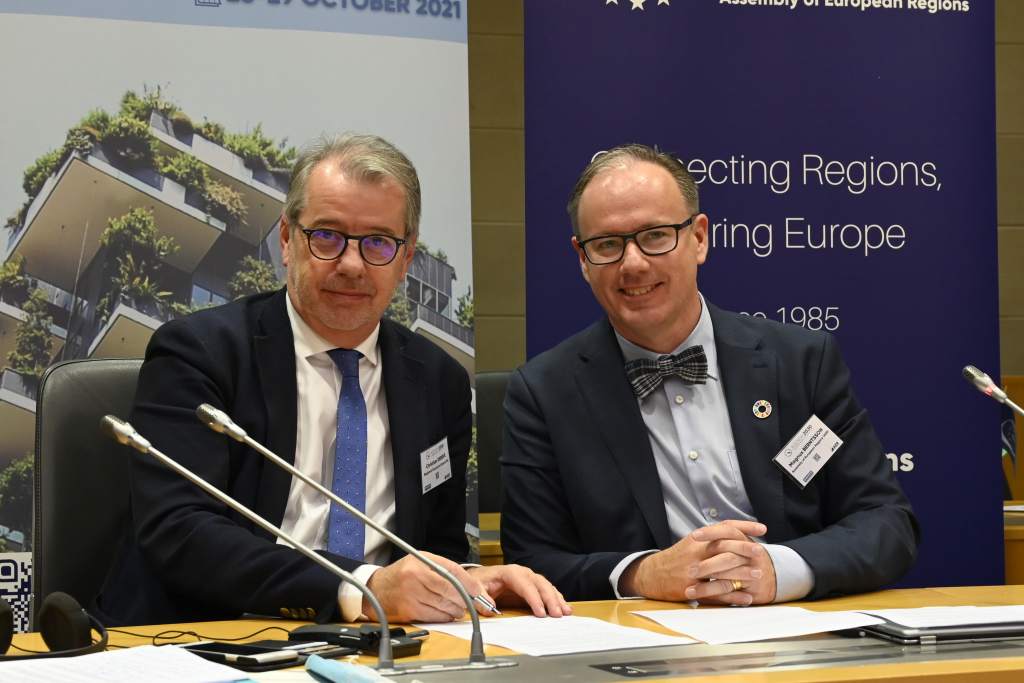
Closing the Conference, the Assembly of European Regions and our partners reaffirmed our shared commitment to deliver Agenda 2030 and achieve the Sustainable Developments Goals by co-signing a Manifesto.
This was co-signed by AER President, Magnus Berntsson and Vice President — Treasurer, Christian Debève on behalf of Region Grand Est — and endorsed by our partners, Regions4 and United Cities and Local Governments (UCLG). The manifesto enshrines the principle of “thinking globally, but acting locally”. As Vice President Debève said in signing the manifesto, “we are humbly contributing to making the 2030 Agenda a framework for trans-border, international and European cooperation.”
You can find the conference Manifesto at this LINK. If your organisation is interested in endorsing it, please contact AER Institutional Relations & Advocacy Officer, Gisela Guari Cañada at [email protected].
We want to thank our co-organisers, partners, member regions and attendees for making such a success of the Agenda 2030 Conference. We look forward to continuing the journey towards 2030 together in a renewed spirit of partnership among all our member regions.
Co-Organisers



Event Partners


